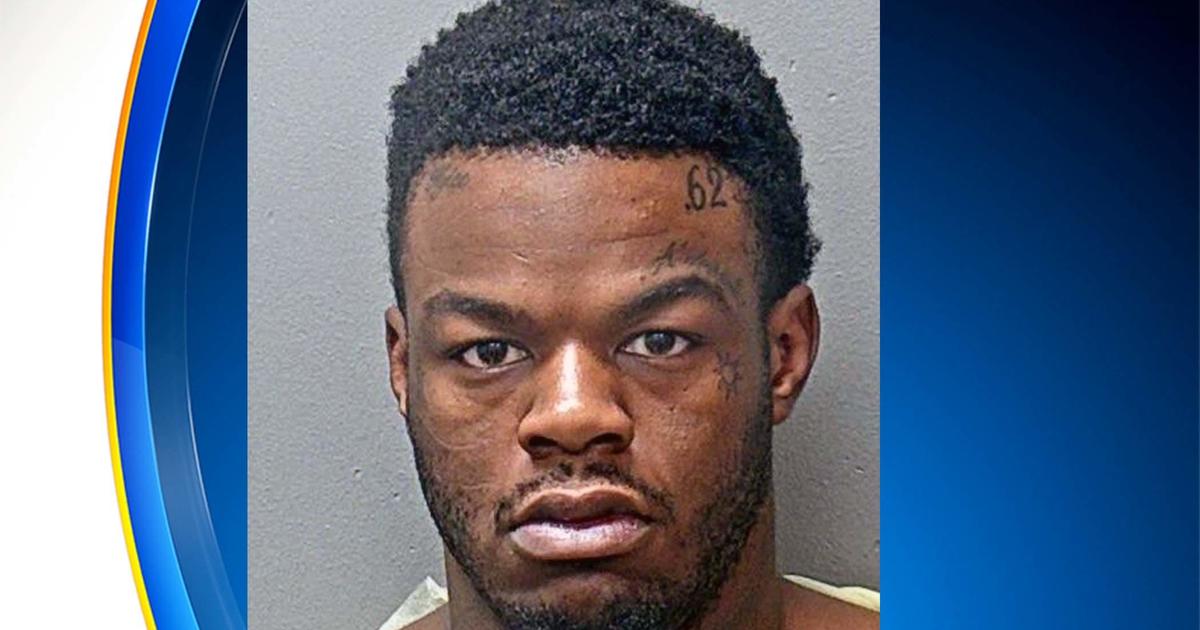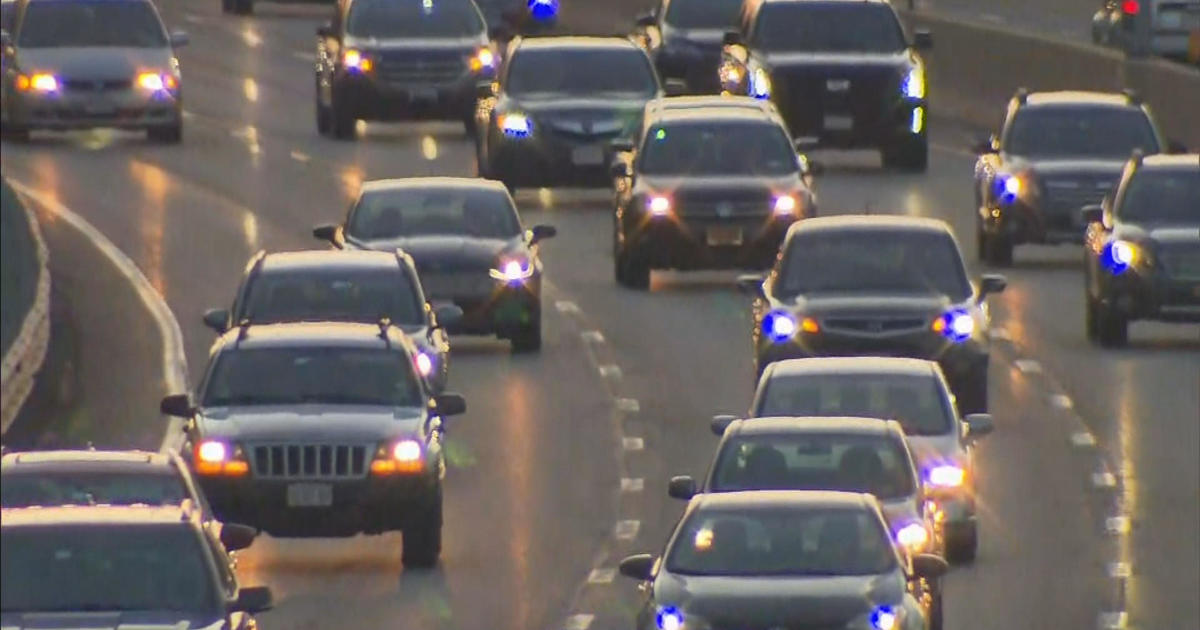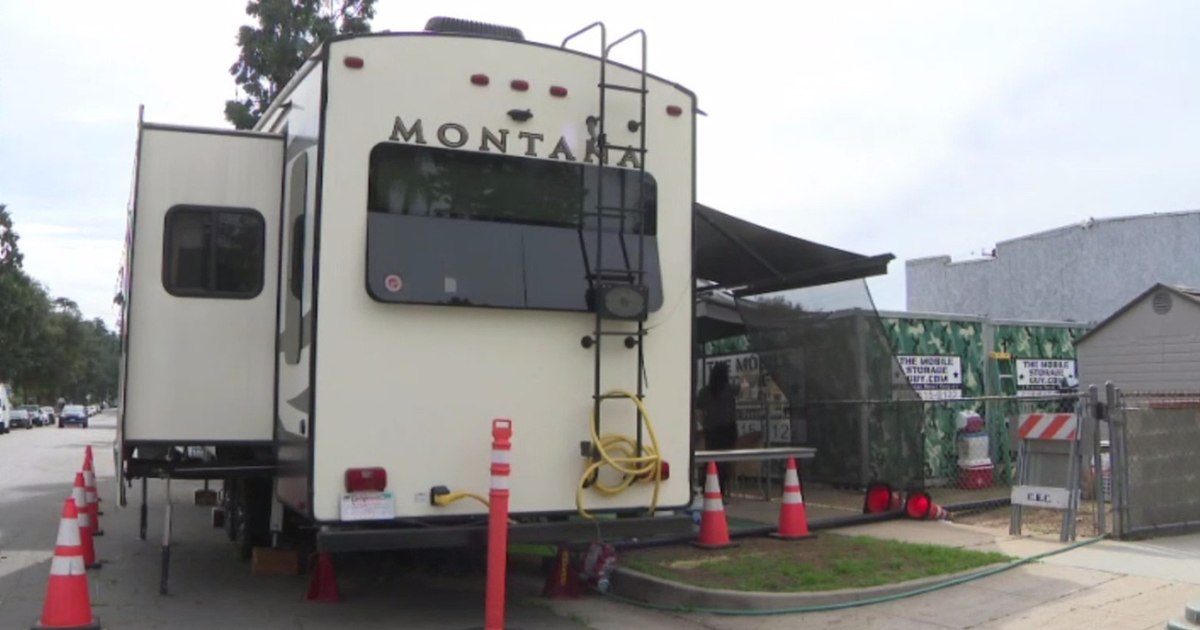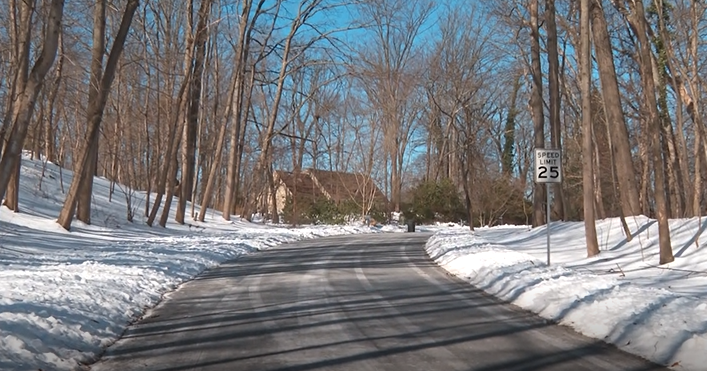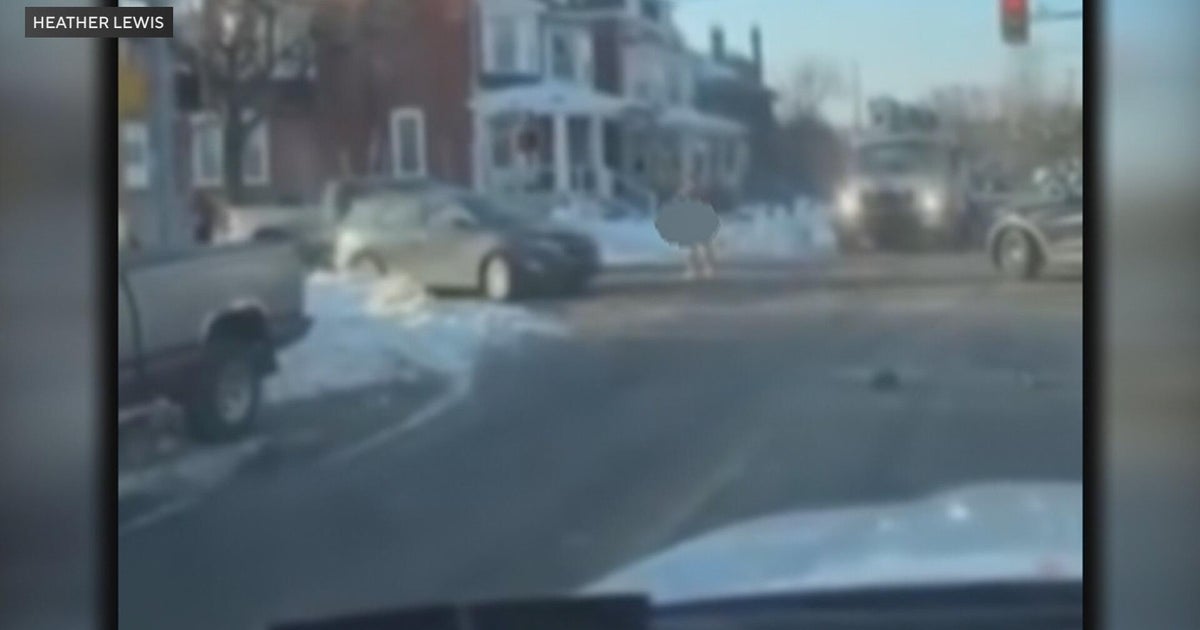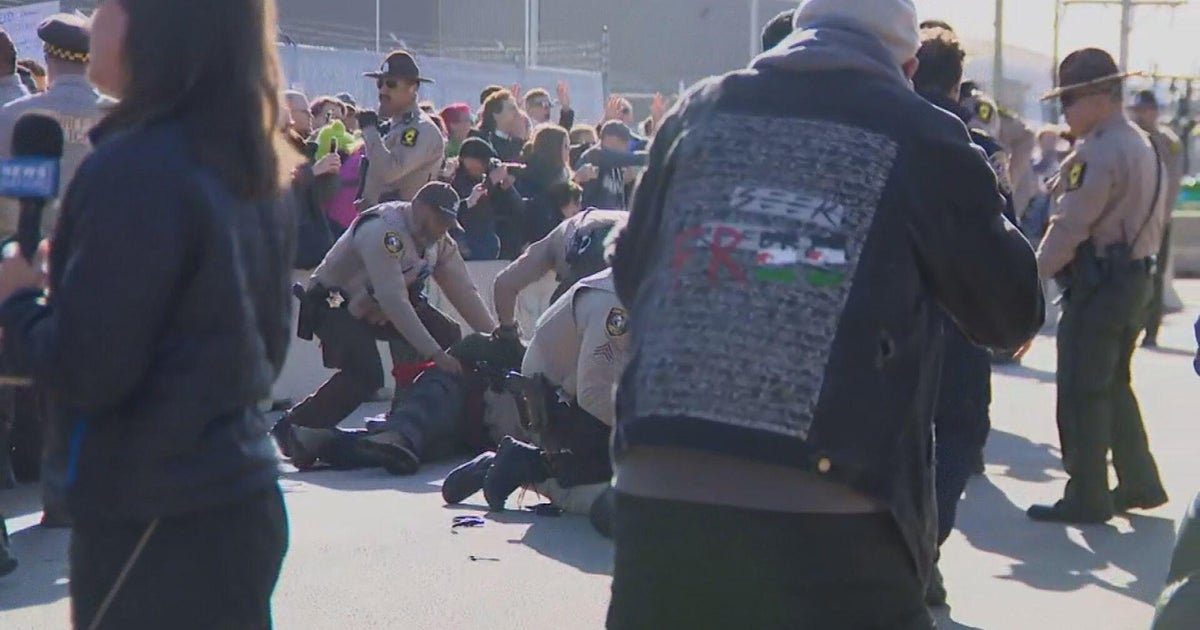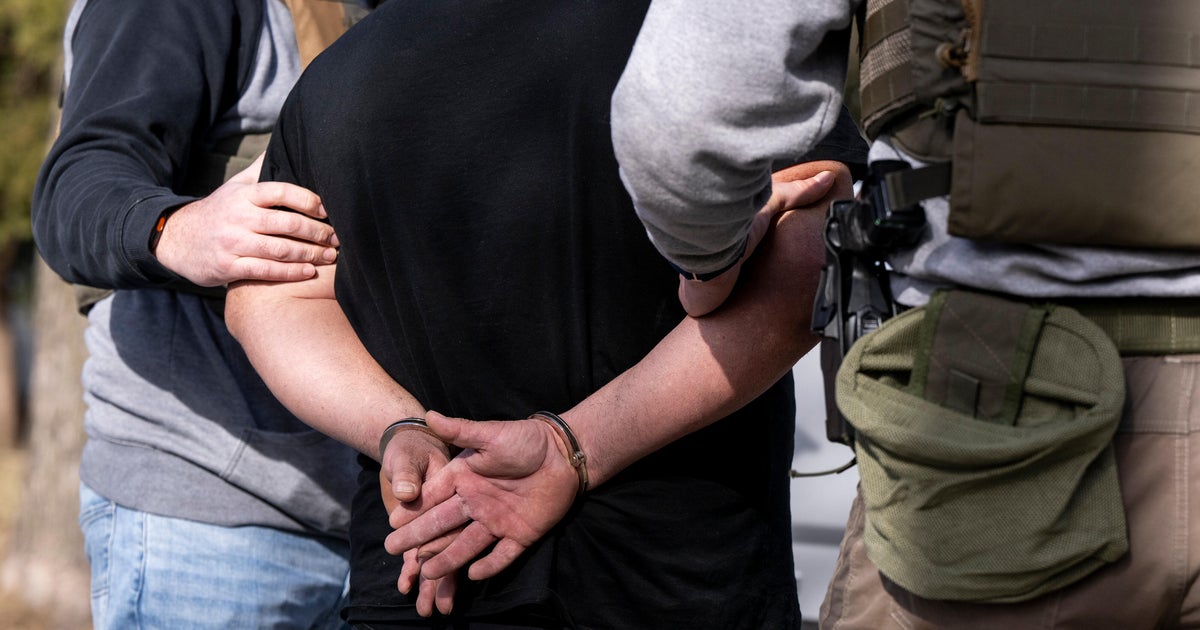I-Team: Bounty Hunter Rules In Texas
FORT WORTH (CBSDFW.COM) - "You get in situation sometimes it's hard to get out of," explained Dusty Steel.
Steel is a law enforcement officer, but he spent 16-years as a bounty hunter in Tarrant County where he had his life threatened by what he admits is a dangerous job.
"It's very dangerous because you don't have the police authority being a bounty hunter."
In Texas, bounty hunters, or recovery agents as they are often called today, usually carry handcuffs and guns. They have the authority to make arrests with written authorization from a bail bondsman. You may see them in plain clothes, body armour or a uniform however, by state law, bounty hunters aren't allowed to wear, carry, or display any uniform, badge, shield or other insignia implying (he or she) is an officer of the state or federal agent, according to Texas state statutes.
Bounty hunters are regulated by the Department of Public Safety, but Steel says it's a job that comes with little training or oversight. "We never had anyone to check on us to see if we were doing things the way we were supposed to."
Despite that, the president of the National Association of Fugitive Recovery agents told the I-Team, "Texas has some of the strictest regulations."
That likely makes the job safer in the state than in most others for the bounty hunters and the public.
In Texas, you have to be licensed as a peace officer, private investigator or a commissioned security officer employed by a licensed guard company. And most states do not have that requirement.
Also in Texas, bounty hunters aren't allowed to enter a residence without the consent of the occupants. In most other states, a bounty hunter can enter someone's home with probable cause.
However, bounty hunters can do their jobs anywhere in public places (as evidenced by what happened at the Nissan dealership Tuesday in Greenville).
Also, a times bounty hunters will call in local law enforcement as back up. But they're required to always make it clear who they are.
"They have to let the people know they're bounty hunters, hired by the bail bondsman or attorney looking for the person," explained Steel.
